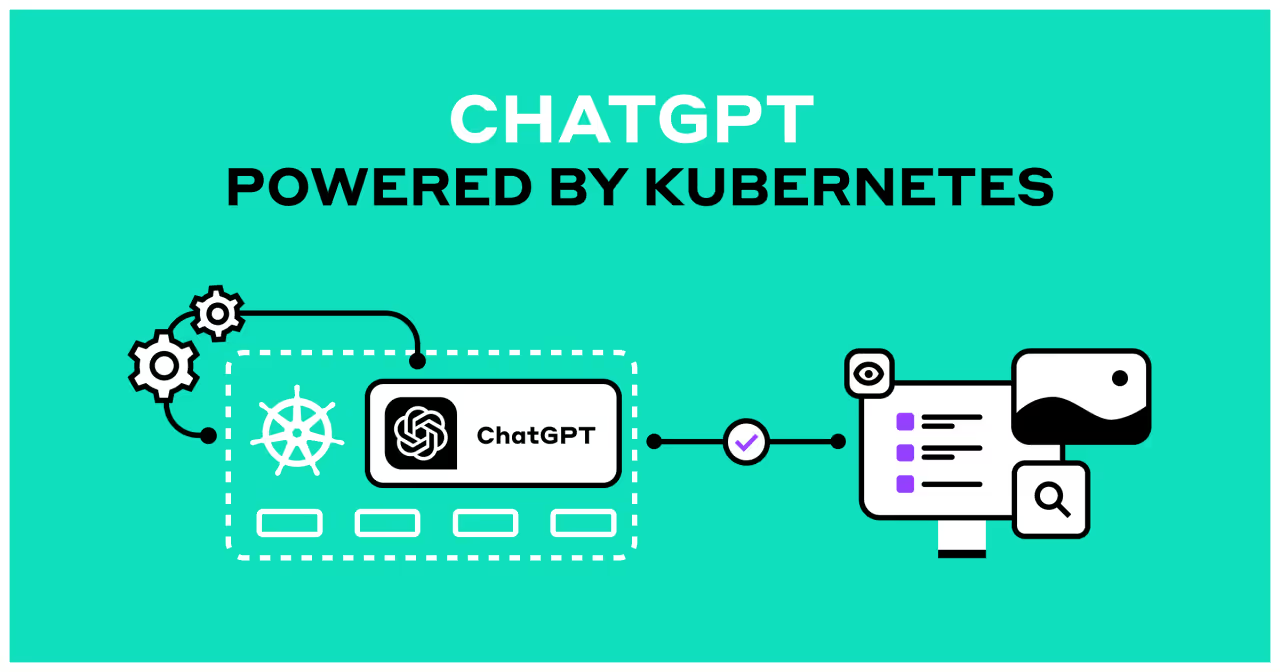The recent OpenAI outage, detailed in their incident report, highlights the challenges of managing Kubernetes in real-world scenarios. Despite being one of the most advanced AI organizations in the world, OpenAI faced a significant service interruption caused by the deployment of a new telemetry stack in its Kubernetes environment.
The incident wasn’t triggered by a flaw in Kubernetes itself but rather by an operational issue during the rollout of a critical update. Even with their expertise, resources, and processes, OpenAI experienced widespread disruption and took time to resolve the issue entirely. This raises an important question: if even well-resourced organizations can struggle with Kubernetes, what hope do smaller teams have?
The Incident: What happened?
According to OpenAI’s report, the outage began while deploying a new telemetry stack in their Kubernetes clusters. This deployment inadvertently caused issues by overloading the Kubernetes API Server, which directly impacted the Kubernetes DNS service and OpenAI’s ability to access their Kubernetes control planes. Without control-plane access, managing or restoring services became a significant challenge.
The details highlight that this wasn’t an esoteric Kubernetes bug or a lack of technical expertise—it was a real-world operational scenario that could happen to any team. However, the consequences of the issue were far-reaching, affecting customer-facing services and requiring a coordinated effort to recover.
Key lessons from the OpenAI outage
- Kubernetes is complex, even for experts
The incident highlights the intricate dependencies in Kubernetes environments. A deployment as routine as updating a telemetry stack can trigger unexpected failures, cascading into broader system unavailability. - Control plane access is mission-critical
Losing control-plane access in Kubernetes is akin to being locked out of the cockpit mid-flight. Recovery becomes exponentially harder without the ability to manage or troubleshoot the affected clusters. - Recovery takes time, even for the best
Despite their expertise and resources, OpenAI needed hours to restore access and resolve the outage. For less-equipped organizations, similar incidents could lead to much longer recovery times—or worse, an inability to recover without external help.
What does this mean for smaller organizations?
For many organizations, Kubernetes is both a powerful enabler and a potential point of failure. The platform’s flexibility and scalability come with a steep learning curve and significant operational complexity. Incidents like OpenAI’s show that:
- Kubernetes expertise is not optional
Organizations without in-house Kubernetes expertise are at a higher risk of facing similar incidents and not being able to resolve them efficiently. - Proactive safeguards are essential
Monitoring, change management, and rollback mechanisms must be robust enough to mitigate the risks of operational failures. - The cost of downtime is universal
While OpenAI’s outage impacted millions of users globally, downtime damages trust and revenue regardless of scale.
Simplifying Kubernetes management
This incident reminds us that Kubernetes needs to become more approachable for everyday organizations. While highly skilled teams may have the resources to recover from outages, smaller teams often lack the expertise to navigate similar crises. This is where simplified Kubernetes management solutions come in.
Platforms like Portainer provide user-friendly interfaces and operational safeguards that reduce the complexity of managing Kubernetes. By abstracting many of the platform’s intricacies, tools like these enable teams to focus on delivering value rather than firefighting infrastructure problems.
A wake-up call for Kubernetes adoption
The OpenAI outage offers valuable lessons for teams at all stages of their Kubernetes journey. It underscores the importance of:
- Planning for failure
No deployment is foolproof, and no team is immune to mistakes. Robust processes for testing, monitoring, and rollback are essential. - Investing in simplification
Choosing tools or managed services that reduce operational complexity is critical for organizations without extensive Kubernetes expertise. - Acknowledging the risks
While Kubernetes is a powerful tool, its complexity means that even routine operations can lead to significant challenges if not handled carefully.
As organizations consider adopting Kubernetes, they must ask themselves: Are we ready to handle the risks, or do we need a more straightforward approach to Kubernetes management?
For smaller teams, the takeaway is clear: it’s not about mastering Kubernetes in all its complexity—it’s about finding ways to make Kubernetes work for you safely and efficiently.
This is why Portainer exists today, to make the hard, easier.




